Learn why backlinks are vital for Google’s algorithm. Boost your SEO!
Disclosure: This post may contain affiliate links. This means that if you click on a link and make a purchase, I may earn a small commission at no extra cost to you. I only recommend products and services I truly believe will add value to you.
Why Backlinks Are Essential for Affiliate Marketing Success
Backlinks have always been one of the most influential factors in how Google decides which pages deserve higher rankings in search results. They act as “votes of confidence” from other websites, signaling to search engines that your content is valuable, trustworthy, and worth showing to users.
For affiliate marketers, backlinks do more than just improve rankings—they can be the difference between a site that quietly sits on page three and one that consistently drives qualified, purchase-ready visitors. Since affiliate income often relies on getting targeted traffic to your product reviews, comparison guides, or niche resources, understanding how backlinks work within Google’s algorithm is a crucial skill.
Google’s ranking systems now place even greater emphasis on quality, relevance, and authority rather than just raw backlink numbers. A few strong, contextually relevant backlinks from reputable sources can outperform hundreds of low-quality links. That’s why having a deliberate, well-planned backlink strategy is key. When done right, it not only increases your visibility in search results but also attracts visitors who are far more likely to convert into sales or commissions.
In this guide, I’ll walk you through what you need to know about backlinks in the context of affiliate marketing—how to approach earning them, which tactics to avoid, and some of the most common questions that come up for both beginners and experienced marketers. By the end, you’ll have a clear understanding of how to build a backlink profile that supports both your rankings and your revenue goals.

Why Backlinks Matter for Affiliate Sites
Backlinks are basically links from other websites that point to your site. Google counts these as votes of confidence. So, if trustworthy websites are linking back to your affiliate pages or posts, Google pays attention. More credible links can mean better rankings, which means your product reviews or buying guides get in front of more eyeballs.
For example, if you have a page comparing the best Bluetooth headphones for working out, a link from a respected tech blog or a fitness site tells Google your page has value. Over time, these links add up and can push your content higher up the search ladder.
It’s also worth noting that backlinks bring targeted traffic. If someone reads about fitness gear on a trusted blog and stumbles upon your review through a link, they’re already interested in what you have to say or promote. This kind of visitor is more likely to click through your affiliate links and potentially make a purchase.
The Basics: How Google Uses Backlinks in Ranking
When Google scans the web, it doesn’t just count how many backlinks a site has. It also looks at where those links come from and what they link to. Not all backlinks carry the same weight. Links from busy, trustworthy sites matter more than links from brand new or spammy sites.
- Authority: A backlink from a major site in your niche (say, TechRadar or Wirecutter) holds a lot more power than a link from a tiny, unrelated blog.
- Relevance: Google cares if the site linking to you is relevant to your niche. A cooking blog linking to your headphone review won’t make as much sense as a music or tech blog linking to it.
- Context: A link inside a useful article, especially in the main content rather than just in a sidebar or footer, looks more legit.
In the context of affiliate marketing, this means you need more than random links. Focus on building connections with websites that Google already trusts in your niche. Being selective and intentional with your linking strategy pays off in the long run, especially if you want to set yourself apart from competitors.
Affiliate Marketing Challenges With Backlinks
Affiliate sites face a few hurdles with backlinks. First, lots of affiliate content focuses on selling, which makes natural backlinks harder to get. Writers and site owners don’t usually link to obvious product pitches. And there’s a lot of competition, since hundreds of people could be targeting the same products or categories as you. Finally, Google can be more careful with affiliate-heavy pages, particularly if they see links from suspicious places.
To get around these speed bumps, affiliate marketers need to build real authority and deliver genuine value, not just sales pitches. Creating standout guides, tutorials, and honest reviews makes it more likely that others will want to link to your content. Adding original insights, unique comparisons, or firsthand experiences can help others see your site as a valuable resource rather than just another sales page.
One trick that helps is to check out forums or Q&As in your niche to see what information is missing or what questions keep coming up. Crafting content that fills those gaps gives other creators a reason to reference and link to your site when answering those same questions.
How to Build Quality Backlinks to Affiliate Sites
You don’t need thousands of backlinks to see improvement, but you do need a handful of really good ones. Here are practical ways you can build quality backlinks for affiliate marketing:
- Original Product Reviews: Instead of repeating product specs, write genuine, experience based reviews. Including your own test results or photos can make your reviews more linkworthy.
- Expert Roundups: Reach out to industry pros for their opinions on a product or topic. Their followers or sites might link back to your page as a reference.
- Guest Posts: Offer to write in depth posts for popular blogs in your niche. Include a natural, relevant link back to your best content in the author bio or within the article (only where it fits).
- Resource Pages & Lists: Create useful resources, like buying guides or “top tools” lists. These kinds of pages tend to attract links from forums, other blogs, and resource directories when people search for best in class info.
- Partnerships: Connect with complementary websites, for example, a fitness blog and a home gym equipment seller can create cobranded content and link to each other’s resources.
Another effective approach is broken link building. You can use backlink tools to find resource pages in your niche that link to outdated or broken content. Reach out to the website owner, let them know about the broken link, and suggest your relevant, high value page as a replacement. This process not only helps them fix their site but also gives you a friendly way to score a new backlink.
What to Avoid: Shady Backlink Practices
Google gets pickier every year about how it evaluates links. Trying to trick search algorithms can do more harm than good. Here are some practices that it’s better to steer clear of:
- Buying Links: Handing over cash for backlinks might seem tempting, but Google often catches on and may drop your rankings or even penalize your site.
- Link Exchanges: Swapping links (“I’ll link to you if you link to me”) can look suspicious if done in excess or without context.
- Spamming Blog Comments/Forums: Dropping your link in every comment section or forum thread often leads to nofollow links and can result in your site being flagged.
- PBNs (Private Blog Networks): These are groups of fake blogs created solely to give out backlinks. Google is very good at sniffing these out, and the risks usually outweigh any rewards.
Instead, focus on organic outreach and high quality content that other users want to share. Taking shortcuts with shady link tactics seems quick, but any boost you get is likely temporary, and penalties can be tough to recover from.
Quick Backlink Tips for Affiliate Marketers
Building great backlinks is about consistency and subtlety. Here are some tips that can help you move up in Google’s rankings:
- Pitch Good Ideas: When reaching out for guest post or roundup opportunities, always lead with a unique take or useful resource.
- Track Your Backlinks: Use tools like Ahrefs, Moz, or SEMrush to see which links help most and spot any suspicious ones that you might want to disavow.
- Optimize Anchor Text: When possible, make the anchor text relevant, but don’t overstuff it with keywords. A natural phrase like “this detailed baby monitor guide” works better than just “best baby monitor.”
- Leverage Internal Links: Linking between your own content helps spread link value and keeps readers on your site longer.
- Refresh Old Content: Update top performing posts and re pitch them to websites or bloggers who may have missed them the first time around.
Also, remember to be patient. Backlinks take time to influence your rankings and traffic. Consistent, small efforts often pay off more than occasional big link building bursts.
Common Questions About Backlinks and Affiliate Marketing
Do affiliate links count as backlinks?
Affiliate links usually send users to a merchant’s website. While they drive traffic (and sales), they rarely pass any ranking benefit to your own site. In most cases, merchants tag these as “nofollow,” telling Google not to use them for their ranking calculations.
How many backlinks do I need to rank?
There’s no magic number. Some keywords are competitive, others less so. It’s less about quantity and more about getting a steady stream of relevant, high quality links over time.
Can I link to my affiliate site from social media?
Yes, you can, but these links tend to be “nofollow” as well. They’re helpful for extra traffic and exposure, but they don’t pack much punch for Google ranking.
What’s the fastest way to get backlinks?
Nothing beats creating super useful, unique content, but reaching out for guest post or expert roundup opportunities can get you decent links faster than waiting and hoping someone finds you.
Do backlinks lose value over time?
Sometimes. Links from pages that are kept up to date or continue to get traffic tend to keep their value longer. It helps to regularly monitor your best backlinks and see if they’re still active, and occasionally reach out with an update or new resource if the page that links to yours stops being maintained.
Real-World Affiliate Backlink Examples
I’ve seen many affiliate marketers succeed by using blogger outreach. For example, someone running a home gardening blog might create a well researched guide about ecofriendly pest control products. If they pitch this to environmental forums or related blogs, these communities often share or link to the post, especially if it’s detailed and original. This single link can boost rankings for their related reviews or product lists, resulting in increased sales over time.
- Niche Guides: Allinone guides tailored to a specific audience pick up natural links from both bloggers and forums.
- Case Studies: Unique case studies showing your own experience with products often spark conversation and attract links from industry writers and journalists.
- Infographics: Simple data visualizations about trends or comparisons catch the attention of bloggers who need shareable resources.
The main thing is to keep things focused on providing something of value, not just pushing for sales. If you help others look good by providing reliable information or resources, they’ll be more likely to send readers your way.
Focusing on Long Term SEO and Backlink Growth
Shortcuts rarely pay off. Building quality backlinks for your affiliate site takes time, but the improvement in traffic and trust is pretty rewarding. Keep your eyes on content that answers questions and solves problems for your audience. Over time, those natural, relevant backlinks will add up and Google will start choosing your site more often to answer searchers’ questions.
Staying on top of SEO news, keeping up with changes to Google’s algorithm, and growing your backlink profile in a natural, steady way is really important for affiliate marketing success. A strong backlink strategy doesn’t just help you rank better; it also builds genuine credibility with your audience and can drive more affiliate sales, without risking your rankings to short term link schemes.
Wrapping up, remember that patience and persistence are your allies. Each backlink you earn from a relevant, quality site helps secure your site’s visibility and reputation in your chosen niche. Aim for consistent efforts, avoid blackhat tactics, and always put your audience’s needs first to set yourself up for longterm affiliate marketing wins.
Read more:
How To Create Linkable Assets That Naturally Attract Backlinks
Using Social Media To Boost Your Backlink Profile Effectively
Analyzing Competitor Backlinks: A Step-by-Step Approach
The Difference Between DoFollow And NoFollow Links And Why It Matters
How To Use Broken Link Building To Gain High-Quality Backlinks
Top 10 Backlink Strategies Every SEO Expert Should Know
The Role Of Backlinks In Google’s Algorithm: What You Need To Know
Guest Posting Tips For Effective Backlink Acquisition
How To Avoid Common Backlink Mistakes That Hurt Your Rankings
The Ultimate Guide To Building Quality Backlinks


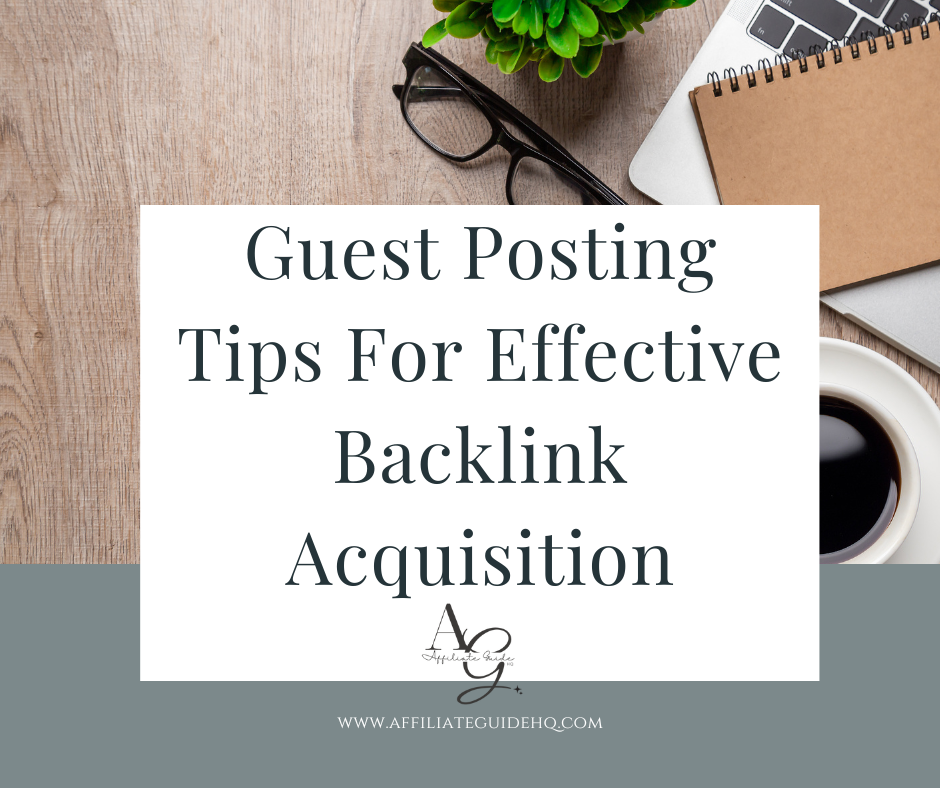
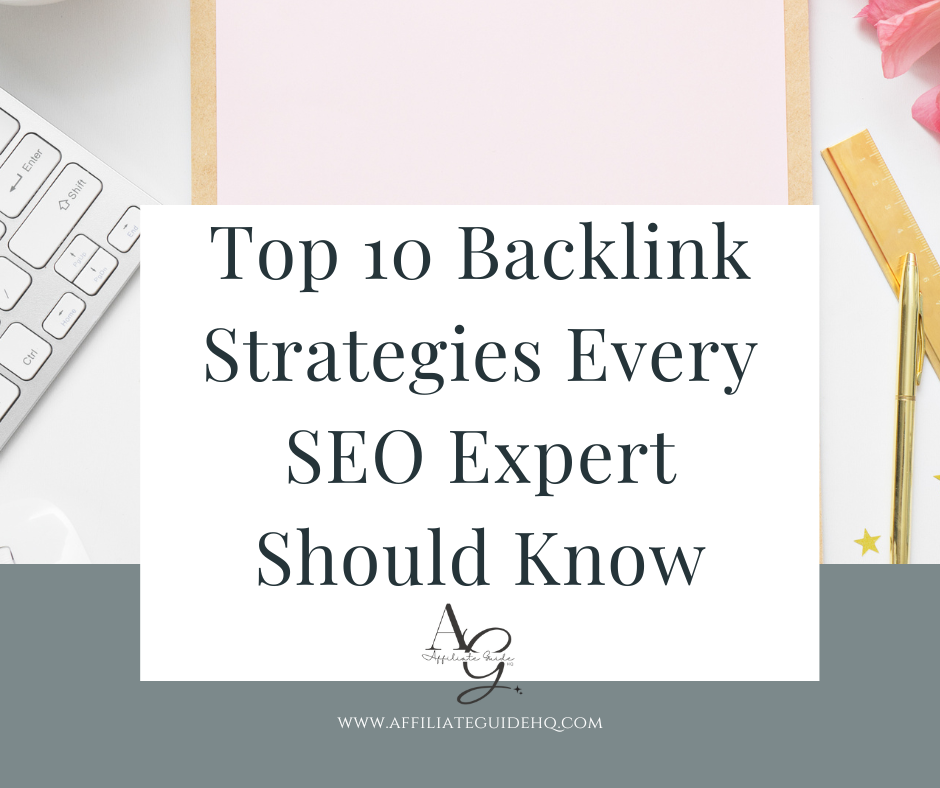
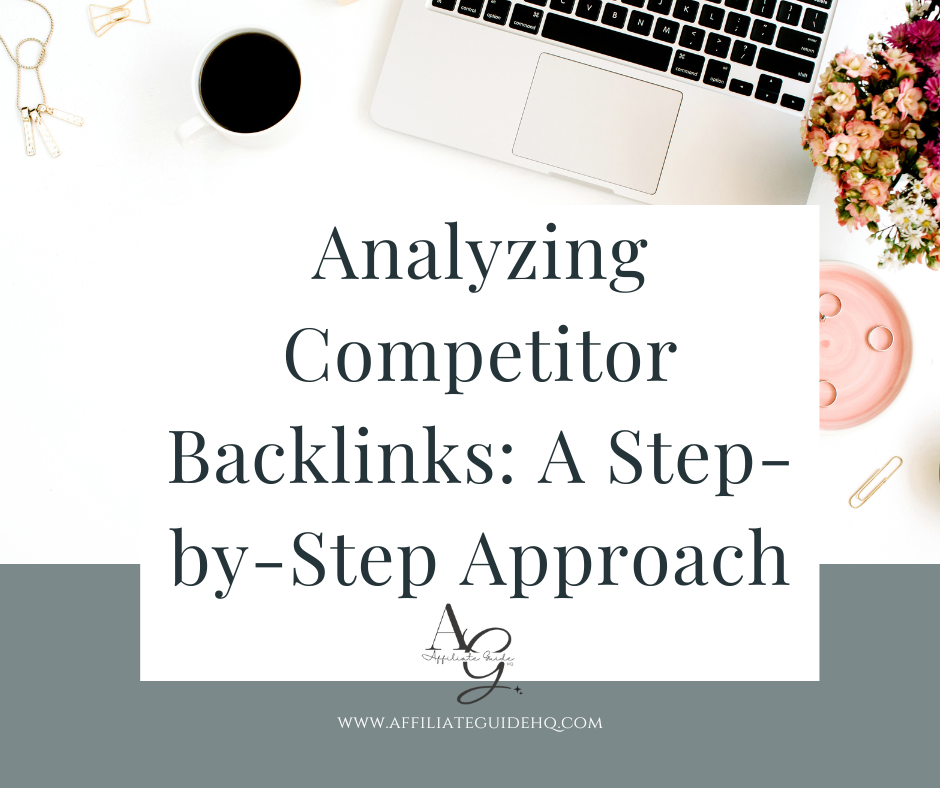
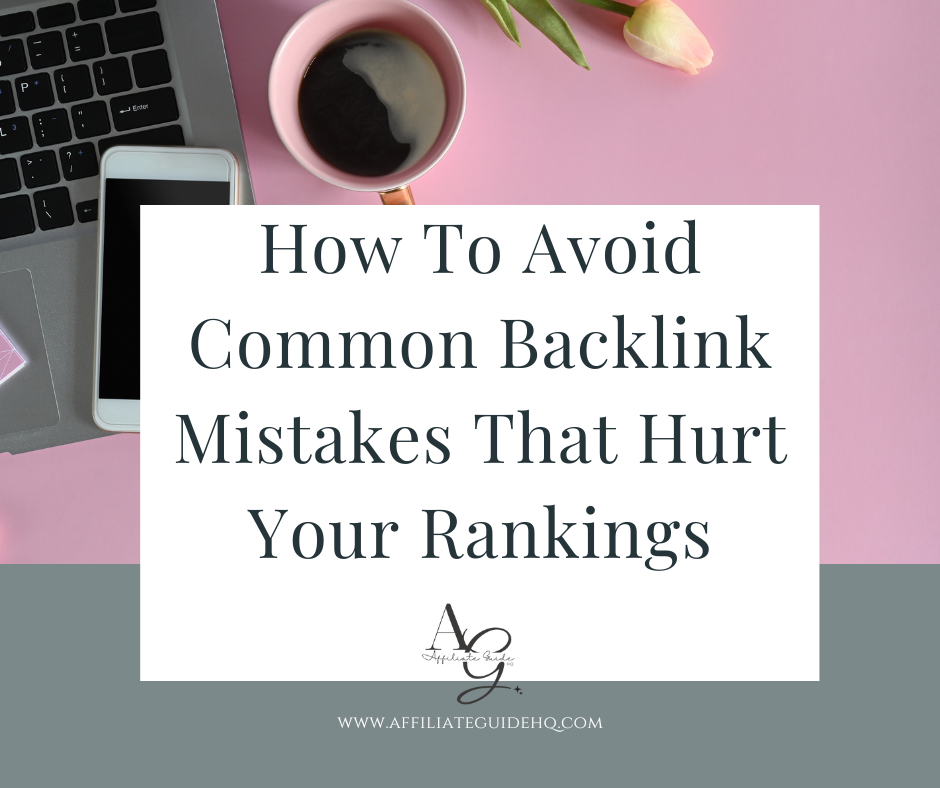
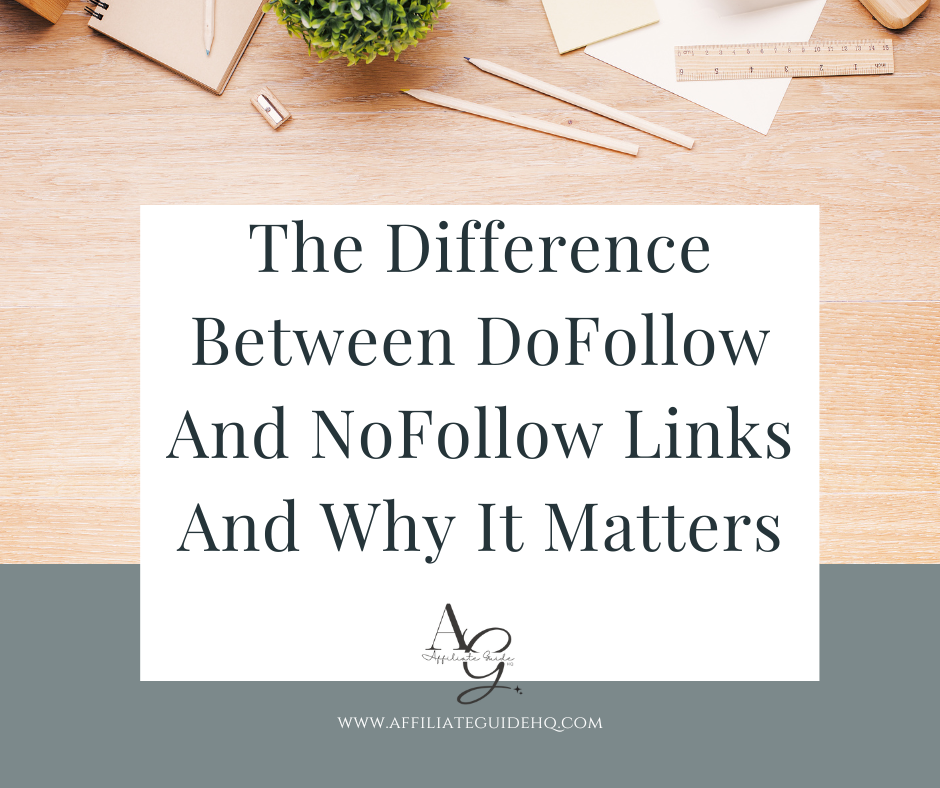
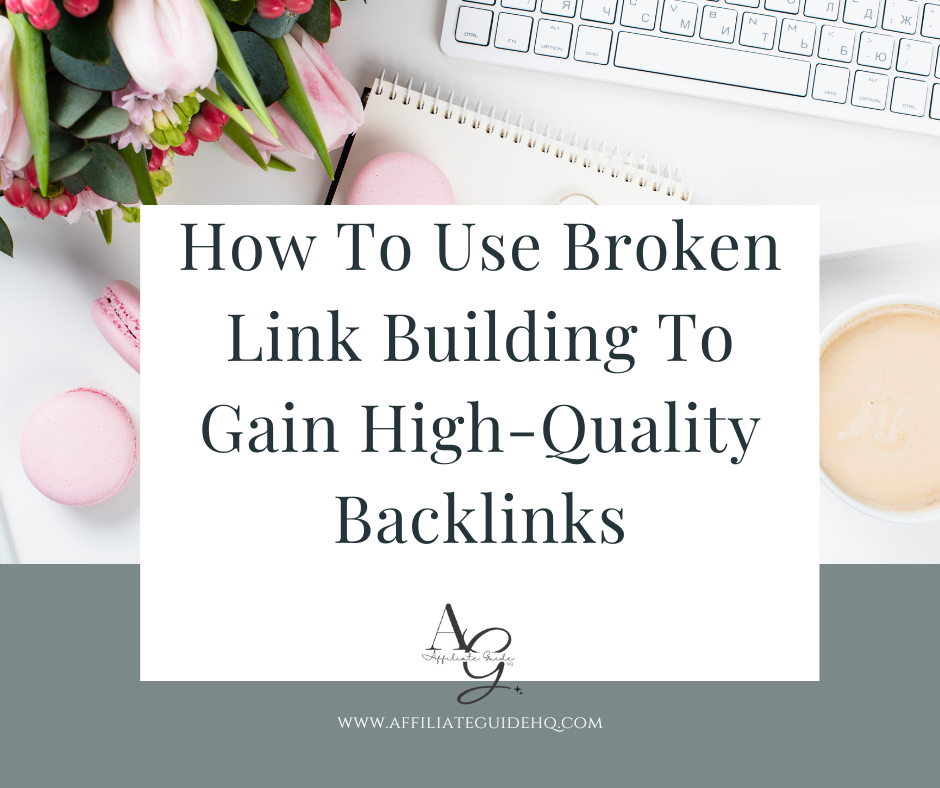
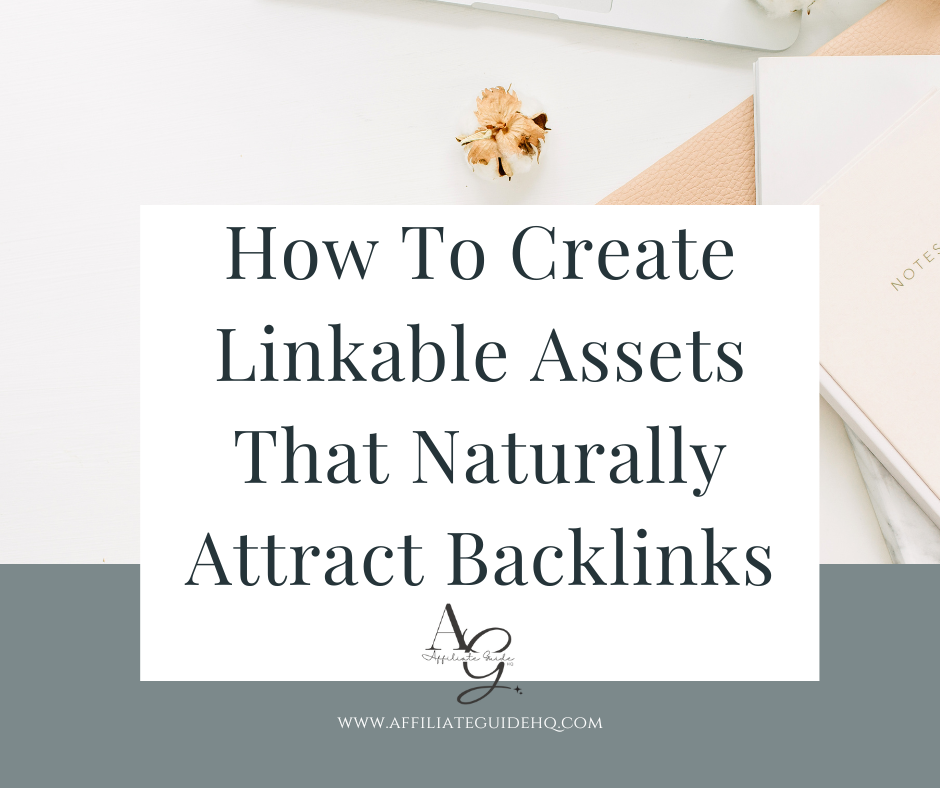
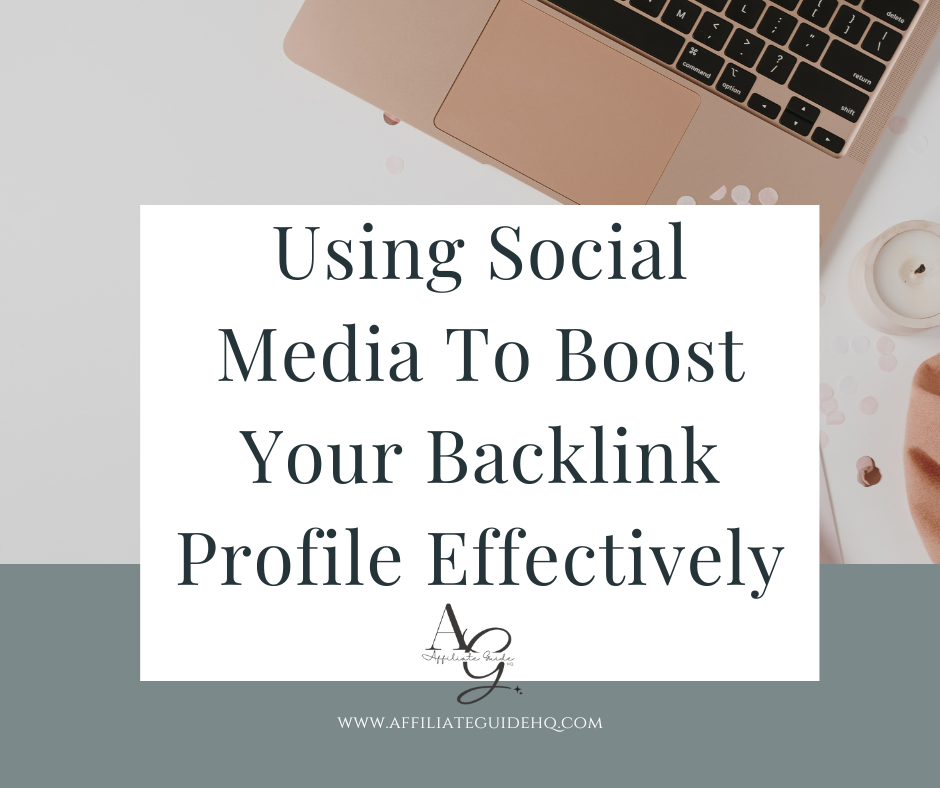
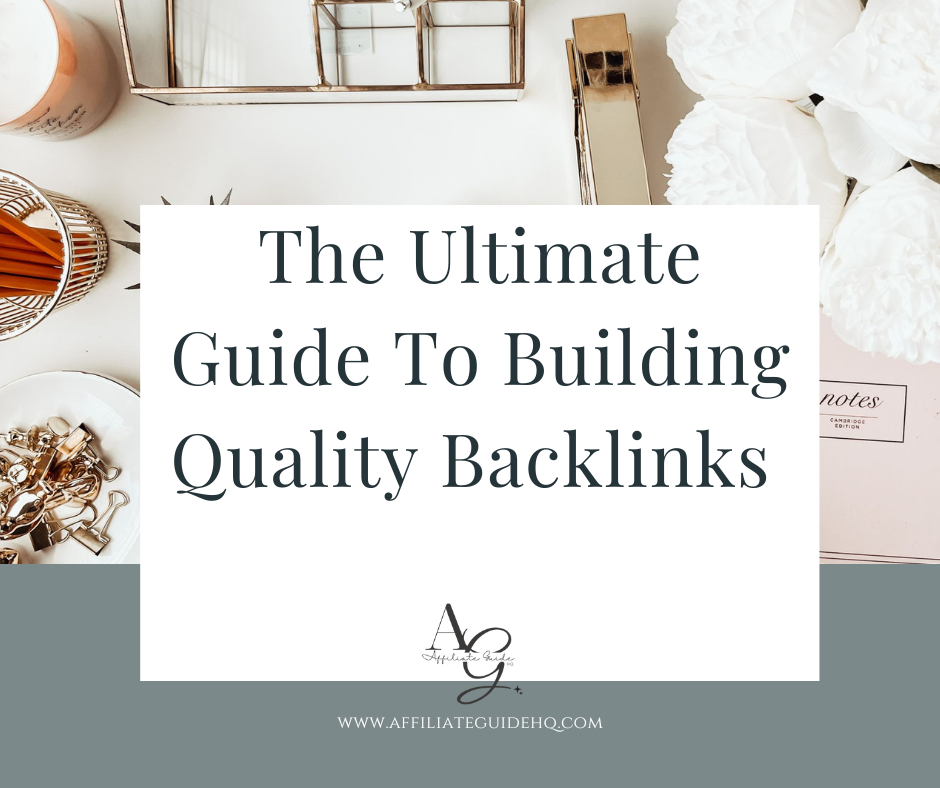

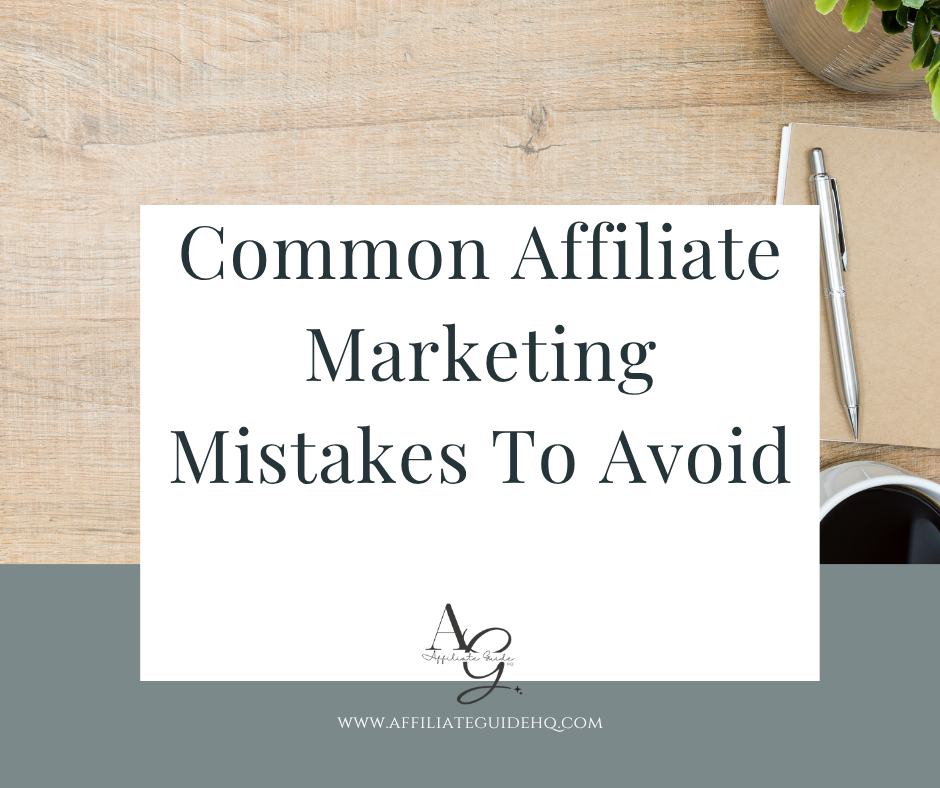

Leave a Reply